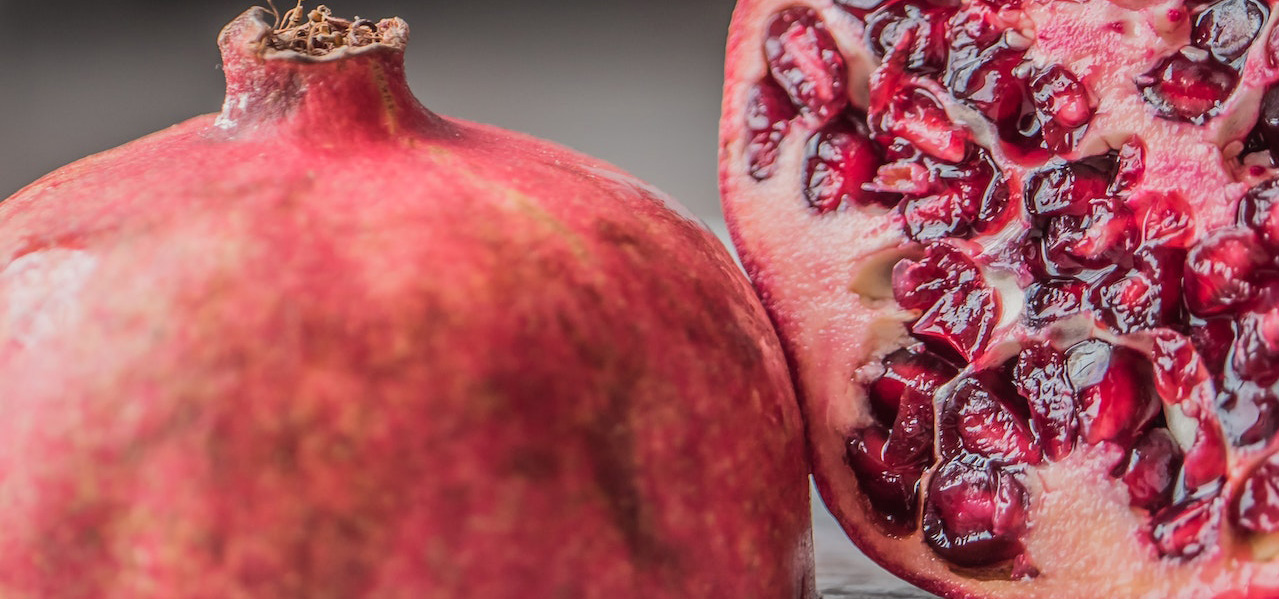Pomegranates have a long history of being connected to warfare and conflict. In ancient Greece, the pomegranate symbolized fertility and abundance. It was even used to adorn shields and weapons. The fruit had associations with both the Amazons, a fierce group of warrior women, and Ares, the Greek god of war. In ancient Egypt, pomegranates represented wealth and immortality, while in Hinduism, they symbolized fertility and abundance.
Ares, the Greek god of war, was occasionally depicted holding a pomegranate. The Amazons, known for their warrior status, were also tied to the fruit. Stories tell that the spears of the Persian king Xerxes I were tipped with golden pomegranates, and the fruit was used to decorate Persian weaponry. The pomegranate held significance in the Zoroastrian religion, the predominant faith in Persia, signifying life and death.
Even in the Middle Ages, pomegranates continued their association with war. The fruit’s design was a common motif on Islamic buildings, reflecting its symbolic link to the caliphate, the center of Islamic governance and religion. During World War I, pomegranates took on a poignant role, representing the tragedy of the Armenian Genocide by the Ottoman Empire, due to its Armenian origin.
In modern times, pomegranates still carry these symbolic connections to struggle. They are adopted as a powerful emblem by the Kurdish people, who have been fighting for their rights and freedom. Despite varying interpretations over time and across cultures, the pomegranate’s connection to conflict remains steadfast.
Beyond their historical significance, pomegranates offer notable health benefits. Rich in antioxidants like punicalagin and anthocyanins, they combat oxidative stress and reduce the risk of chronic diseases. Pomegranates may also possess anti-inflammatory properties that enhance overall well-being by alleviating swelling.
Vitamins C and E, crucial for immune function, are abundant in pomegranates. The fruit’s fiber aids digestion and promotes gut health. Its plentiful seeds contribute to its association with fertility and vibrancy.
Integrating pomegranates into your diet can be advantageous. The high fiber content supports digestion and gut health. Pomegranates’ anti-inflammatory traits assist in reducing bodily inflammation, and their fiber content helps prevent constipation.
Moreover, pomegranates potentially offer protection against cancer, contribute to skin health, aid weight loss, support cognitive function, and maintain hydration. They can be incorporated into various dishes such as soups, yogurt parfaits, and desserts.
For overall health and happiness, a well-rounded diet should encompass an array of fruits, vegetables, whole grains, and lean proteins. Pomegranate juice provides an array of health benefits. Its antioxidants combat free radicals, while its anti-inflammatory properties promote digestive health and cancer prevention. The juice also supports vitamin C intake, benefits skin health, aids hydration, and might even have cognitive advantages. To maximize these benefits, opt for pure, 100% pomegranate juice without added sugars or chemicals.
Arils, the edible seeds of pomegranate, offer a tasty and nutritious option. They can be enjoyed fresh, as snacks, in salads, yogurt, oatmeal, soups, desserts, and savory dishes. However, it’s important to avoid consuming the bitter white pith surrounding each seed. Incorporating pomegranate seeds into a nutrient-dense diet contributes positively to overall health and well-being.

